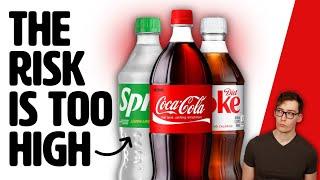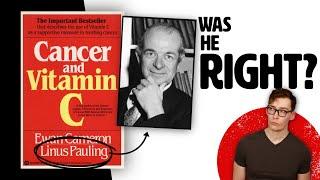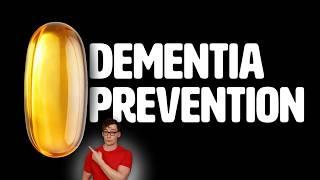Scaling biotech and improving global health: lessons from an extraordinary career in medicine | Susan Desmond-Hellmann, M.D., M.P.H.
Peter Attia
Apr 28, 2025
Mindsip insights from this episode:
Establish company culture through moments of truth
Company culture is defined in moments of truth, such as senior leaders instinctively rejecting a proposal to use a less accurate test to increase revenue.
Recognize tumor lysis syndrome as a sign of Rituxan's effectiveness
When the lymphoma drug Rituxan caused cells to break down so fast that kidneys failed (tumor lysis syndrome), it was a clear sign that the antibody was an incredibly powerful and effective drug.
Reapply antibody drugs for effective cancer treatment after recurrence
Unlike chemotherapy, if a cancer comes back after being treated with an antibody drug like Herceptin or Rituxan, you can often successfully use the same antibody again.
Develop commercial diagnostic tests alongside breakthrough drugs
The approval of the breakthrough cancer drug Herceptin was delayed because the company failed to develop the required commercial diagnostic test in parallel with the drug itself.
Identify Kaposi's sarcoma as definitive HIV indicator
In resource-limited 1980s Uganda, the presence of Kaposi's sarcoma on the soft palate was a 100% predictive sign of having HIV.
Rebuild public trust to prepare for future pandemics
A top global health expert is "absolutely horrified" and believes that if another pandemic happened today, the outcome would be even worse due to a breakdown in public trust.
Accelerate drug approval timelines with AI
Artificial intelligence has the potential to reduce the drug approval timeline by two years, not by changing the core science, but by accelerating the laborious paperwork and reporting processes.
Identify simple biomarkers to accelerate disease cures
The key to accelerating cures for diseases like cancer is to find a simple biomarker, similar to how "viral load" revolutionized HIV treatment by allowing for rapid testing of new drugs.
Question liquid biopsies for reliable cancer detection
Despite the hype, current liquid biopsies for early cancer detection are viewed negatively by some experts because the data suggests tumors simply don't shed enough DNA to be reliably detected.
More from
Peter Attia
AMA #78: Longevity interventions, exercise, diagnostic screening, and managing high apoB, hypertension, metabolic health, and more
Ketogenic diet, ketosis & hyperbaric oxygen: metabolic therapies for weight loss, cognition, Alzheimer's & more | Dom D'Agostino, Ph.D.
The evolutionary biology of testosterone: how it shapes male development and sex-based behavioral differences, | Carole Hooven, Ph.D.
The impact of gratitude, serving others, embracing mortality, and living intentionally | Walter Green (#288 rebroadcast)
Thyroid function and hypothyroidism: why current diagnosis and treatment fall short for many, and how new approaches are transforming care | Antonio Bianco, M.D., Ph.D.
You also might be interested in
Ketosis (Fasting/Ketogenic Diet) accelerates Cancer Growth - New Study
Soda & Cancer Death: The Link Found in Multiple Large Studies
Early Detection Saved Me: Maria Menounos on Becoming the CEO of Your Health
Linus Pauling: Vindicated by New Evidence?
One Fat Can Prevent Dementia — If You Eat It Long-term











